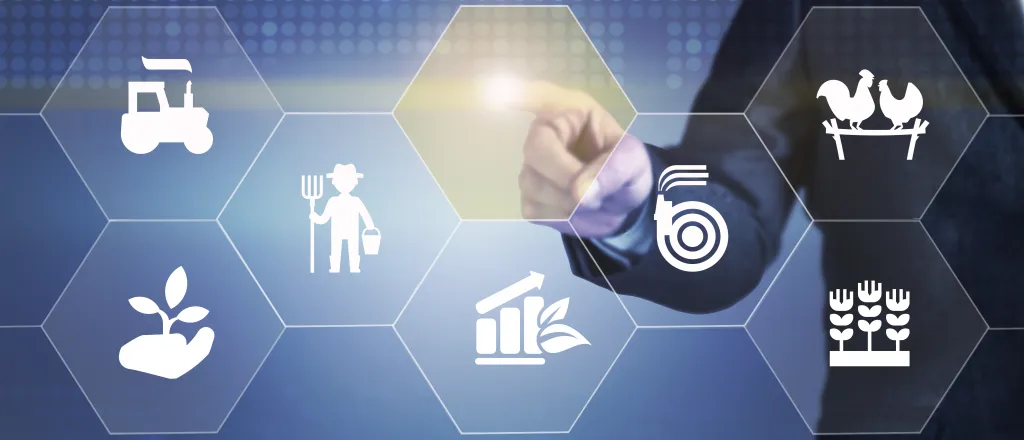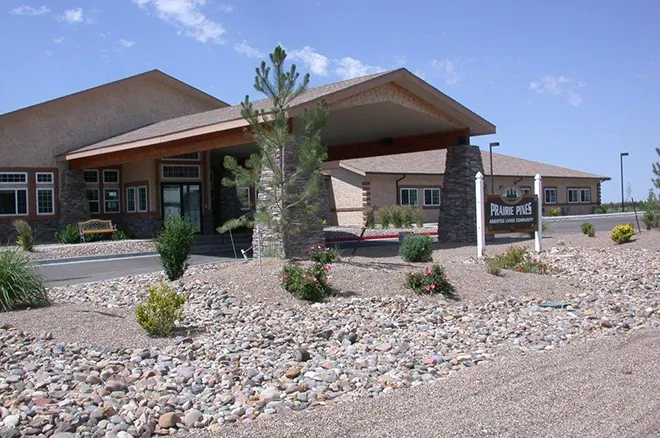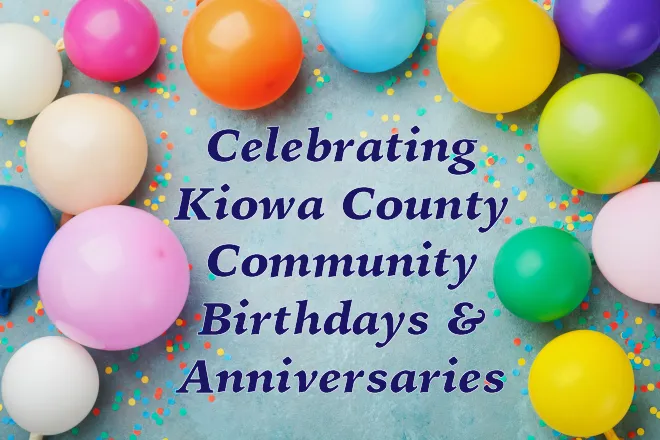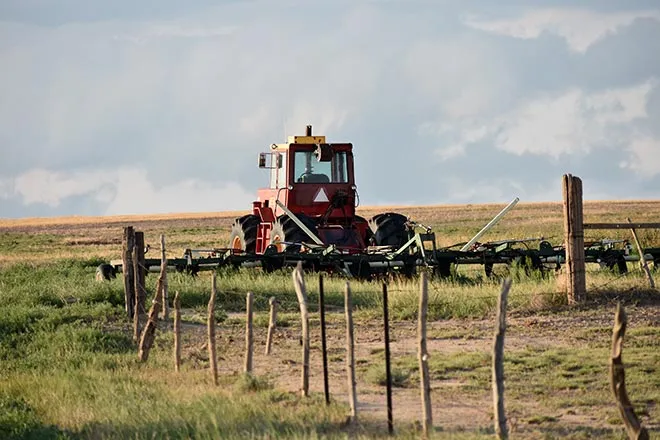
Annie’s Project provides Ag business training to 18 southeast Colorado women
© iStock - denizbayram
Risk is an important aspect in the farming, and ranching business. Risk management involves choosing among alternative that reduce the adverse financial effects of the uncertainties of weather, yields, prices, government policies, global markets, and other factors that can cause wide swings in farm income. The women in our local farm and ranch operations in Southeast Colorado help make decisions that drive these risk factors every day. As a result, Annie’s Project was hosted at Lamar Community College to help women gain strategies to deal with production risk, price or market risk, financial risk, institutional risk, and human or personal risk.
In early spring, a steering committee was gathered to guide the direction of an Annie's Project to be facilitated by Bent County and hosted in Prowers County. Twelve women helped identify potential speakers, partners, timeframe, and gave suggestions about overall direction for this six-week program to take place in the fall of the same year. Advertising began right away with media posts, social media posts, and radio spots to promote interest and gain traction for this event that would be fast approaching after the summer activities and the small-town fair season.
October arrived, and 18 women from Baca, Bent, Prowers, and Kiowa Counties participated in this Annie’s Project. These participants listed to female presenters from the area discuss family farm dynamics, insurance for families, estate planning, women and money, basic financial documents, interpretation of financial documents, farm leasing, commodity marketing, commodity insurance, web soil survey, farm service agency, NRCS, support for rancher mental health, and a motivational speaker to encourage these women to go forth and tell their own story. For each of the sessions over the six-week period, one or two of the presenters spoke on a specific topic to engage these women with activities and information that would be of use in their own operations. Beginning October 14, the group met weekly, and each week there were individuals who wanted to learn more! By the time these participates graduated November 18, they admitted to being more prepared to make valuable, important decisions to better support their own operations as business partners. These women identified that they feel more prepared to engage in the decision-making portion of their businesses as well as better equipped with local outlets to turn to for help and support. All 18 women were able to identify that they have built a network among themselves that each will return to at some point as well.
As a result of our own local Annie’s Project, Lamar has been able to provide a network of women who support our farm and ranch women to be successful in their own operations as business partners or sole owners. This particular event has sparked more interest in Annie’s Inspired Projects that have already been planned, advertised, and are on the schedule for 2020. Eighteen women have successfully graduated from this program and have identified that they have used at least one of the networked resources gained through the program while enrolled.
The mission of Annie’s Project is to empower farm women to be better business partners through networks and by managing and organizing critical information in their operations and for their families. This “Women in Agriculture” project is based on the life of a farm woman who grew in up a small town in northern Illinois. Annette Kohlhagen Feck had a goal to marry a farmer, which she did, and then she spent her lifetime learning how to be a better involved business partner with her farm husband. Although they departed this life with a successful operation, it was not easy to get there.
Annie faced a number of challenged including three generations living under one roof, low profitability, changing farm enterprises, and raising a family. She was under pressure from her brother, multiple sisters-in-law, and her mother-in-law. Annie ultimately had to make a number of painful sacrifices that tested her conviction to be married to a farmer. There were days of tears, anger, and sorrow that went along with the days of laughter, contentment, and accomplishment.
Annie preserved and successfully endured the hardships. She kept record, kept the farm business running, kept the family going, and kept her marriage intact. Annie knew deadlines, reporting requirements, and tax issues. She did the little management jobs that supported big management decisions. When it came to big decision-making events, Annie’s record were the deciding factors. To increase cash flow, Annie sent her husband to work off-farm while she milked the cows and kept and egg route in Chicago. Eventually, the family farm could no longer be operated effectively for the amount of income that Annie’s family was making, but that prompted them to leas their land to other farmers who had more resources and could better run the farm. Annie began to pay expenses, and market the corn and soybeans that were raised.
Annie did not take well to other’s opinions of her decision-making, but she stuck with them anyway. She corrected mistakes and learned from experiences. As a former teacher, Annie had never-ending patience and the ability to weather bad times. She remained married to her husband for 50 years, died a wealthy woman, and did so doing things her way.
















